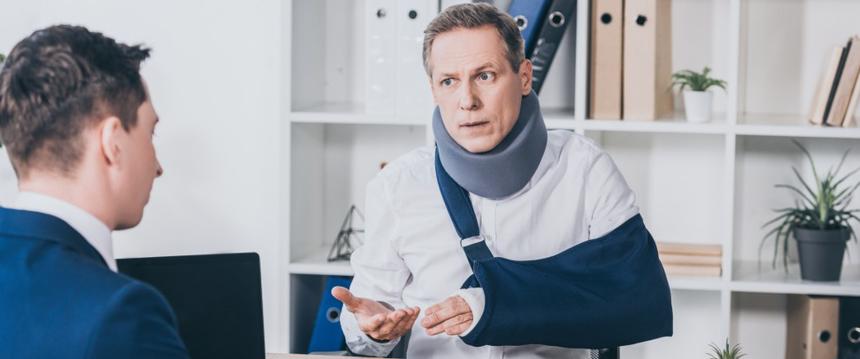The COVID-19 pandemic has not been easy for anyone. For people deemed essential workers, they have had to continue to work throughout this pandemic. They have to put themselves at risk of contracting the virus. They also bring this risk home to their family and loved ones.
For many others, work would be a welcome distraction. People who work in industries deemed non-essential have, for the most part, been laid off or furloughed. This means they have had to rely on unemployment for as far back as March. For some people, this was a blessing in disguise. They received unemployment benefits as well as the federal boost of $600 per week.
Now that fall is upon us, things are no clearer than they were a few months ago. Infection rates are still on the rise. Thousands of people are being diagnosed with the illness while thousands of other are dying. People who are forced to work outside the home are putting themselves at risk of infection every day.
If you do get sick, you’re going to wonder if you can file a worker’s comp claim. During normal times, if you contract any sort of injury or illness on the job, you would be entitled to workers comp benefits. However, when it comes to COVID-19, it’s not enough to demonstrate that you got sick. Your Atlanta workers comp lawyer will also have to show that you contracted the disease directly from your job.
Certain Workers Will Have a Stronger Case for Benefits
Generally speaking, people who work in certain industries are always at a greater risk of getting hurt. For example, construction workers tend to suffer more injuries at work than anyone else. The same is true for people who work in labor positions. Chances are, if you work in an office setting, you’re not going to suffer a work-related accident.
When it comes to the COVID-19 pandemic, the same thing is true. However, right now, a different class of workers are getting sick. People who work in healthcare may be at the greatest risk. They are exposed to the virus every day. The same is true for people who work in the retail industry. They have not had any time off because grocery stores have been open throughout the pandemic.
That is why essential workers will have a greater chance of winning a worker’s comp case for the contraction of COVID-19.
You Do Have to Prove that Your Illness Was Contracted at Work
It’s not enough to show that you contracted the COVID-19 virus. In order to collect workers comp benefits in Georgia, your Atlanta injury lawyer needs to actually show that you got sick at work. This can be difficult, if not impossible to do. You are going to have to show how and where you contracted the illness. And your employer is going to argue that you got sick some other way.
Your Atlanta injury lawyer will have to demonstrate that your illness is work-related. If they can do this, you’ll be entitled to collect workers compensation benefits.
Contact an Experienced Injury Attorney in Atlanta, Georgia
If you or your loved one have contracted the Coronavirus, you’re feeling a lot of things. You’re scared and angry. You have no idea if they’re going to be okay. If you truly believe they got the virus at work, you have every right to want to file a worker’s compensation claim in Georgia. That’s when you know it’s time to talk to a skilled Atlanta personal injury lawyer.
Call today and schedule your free initial consultation. Sit down with someone who has a lot of experience dealing with these types of cases. And, while nobody knows for sure how a case will turn out during these troubling times, it’s better to have a lawyer by your side. This will increase your chances of having your claim approved. And, if your claim is denied, your Georgia injury lawyer can always file a lawsuit on your behalf.
Call today and talk to one of our helpful staff. They can set up a date and time for you to meet with one of our attorneys. And you can meet virtually so you don’t have to worry about becoming sicker than you already are. This also allows our firm to protect our staff from possible infection. The consultation is free and you don’t pay a dime until you settle or resolve your claim.


